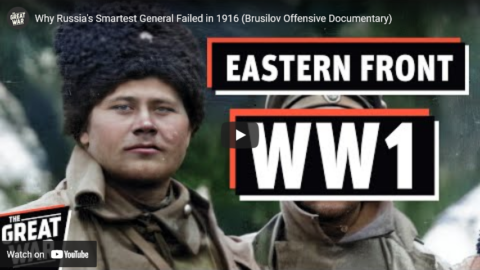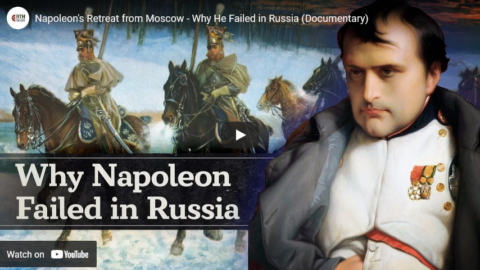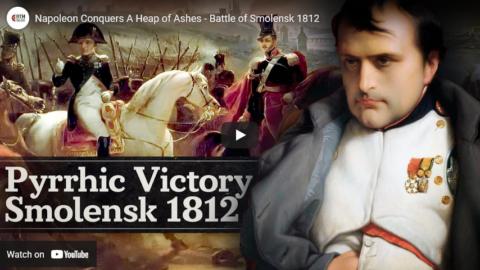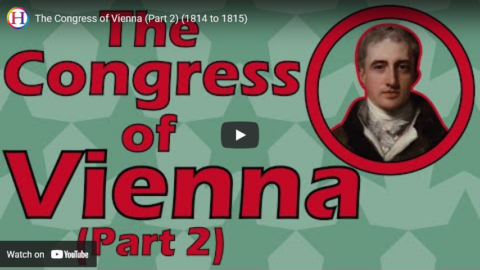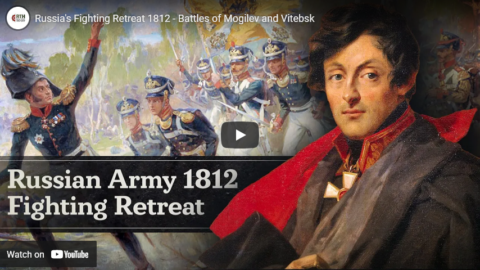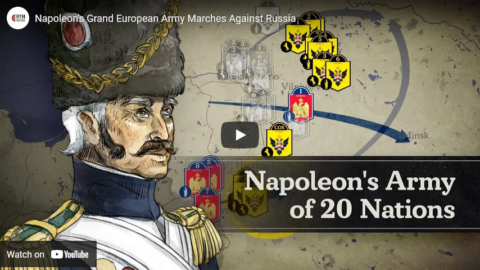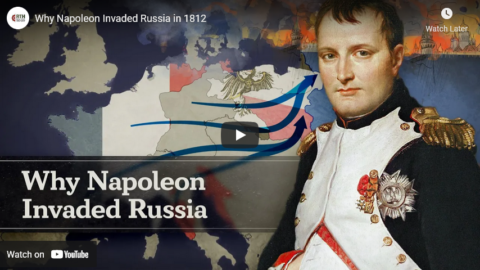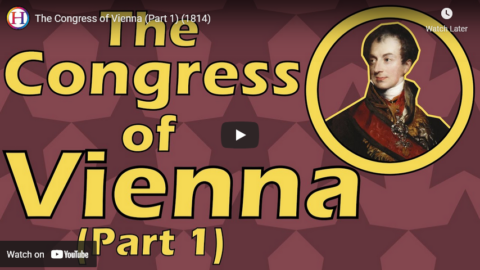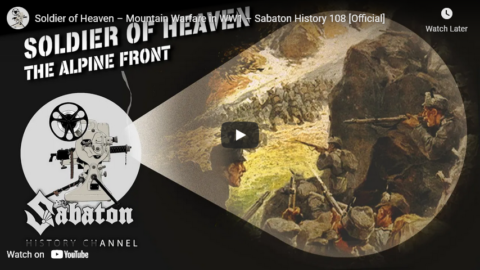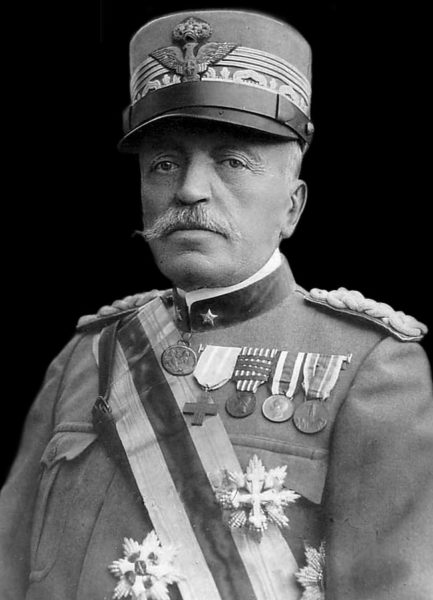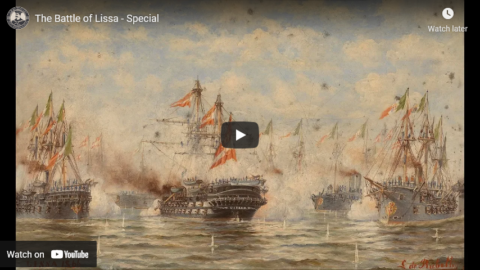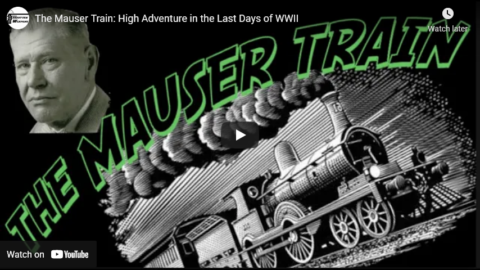The Great War
Published 24 Jun 2022
Sign up for Curiosity Stream and get Nebula bundled in and SAVE 26%:
https://curiositystream.com/thegreatwar
The start of the Brusilov Offensive was the most successful Russian military operation during the First World War. It crippled the Austro-Hungarian Army and forced the Germans to divert troops from Verdun. But the Brusilov Offensive ultimately was a failure and cost the Russians an enormous number of men. What went wrong?
» SUPPORT THE CHANNEL
Patreon: https://www.patreon.com/realtimehistory
» THANKS TO OUR CO-PRODUCERS
John Ozment, James Darcangelo, Jacob Carter Landt, Thomas Brendan, Kurt Gillies, Scott Deederly, John Belland, Adam Smith, Taylor Allen, Rustem Sharipov, Christoph Wolf, Simen Røste, Marcus Bondura, Ramon Rijkhoek, Theodore Patrick Shannon, Philip Schoffman, Avi Woolf, Emile Bouffard, William Kincade, Daniel L Garza, Stefan Weiß, Matt Barnes, Chris Daley, Marco Kuhnert, Simdoom
» SOURCES
Buttar, Prit, Russia’s Last Gasp: The Eastern Front 1916-1917, (Oxford: Osprey Publishing, 2016)
Dowling, Timothy C., The Brusilov Offensive, (Indianapolis: Indiana University Press, 2008)
Golovin, Nicholas, “Brusilov’s Offensive: The Galician Battle of 1916”, The Slavonic and East European Review, Volume 13, Number 39, (1935)
Schindler, John, “Steamrollered in Galicia: The Austro-Hungarian Army and the Brusilov Offensive, 1916”, War in History, Volume 10, Number 1, (2003)
Stone, David R., The Russian Army in the Great War: The Eastern Front, 1914-1917, (Lawrence, KS: University Press of Kansas, 2015)
Tunstall, Graydon A., “Austria-Hungary and the Brusilov Offensive of 1916”, The Historian, Volume 70, Issue 1, (2008)
Uzefovich, Alexis M., “Russia in the World War, 1914-1918”, The Military Engineer, Volume 33, Number 190, (1941)
» OUR SISTER CHANNEL
https://youtube.com/realtimehistory
»CREDITS
Presented by: Jesse Alexander
Written by: Jesse Alexander
Director: Toni Steller & Florian Wittig
Director of Photography: Toni Steller
Sound: Toni Steller
Editing: Toni Steller
Motion Design: Toni Steller
Mixing, Mastering & Sound Design: http://above-zero.com
Research by: Jesse Alexander
Fact checking: Florian Wittig
Channel Design: Yves Thimian
Contains licensed material by getty images
Maps: MapTiler/OpenStreetMap Contributors & GEOlayers3
All rights reserved – Real Time History GmbH 2022

